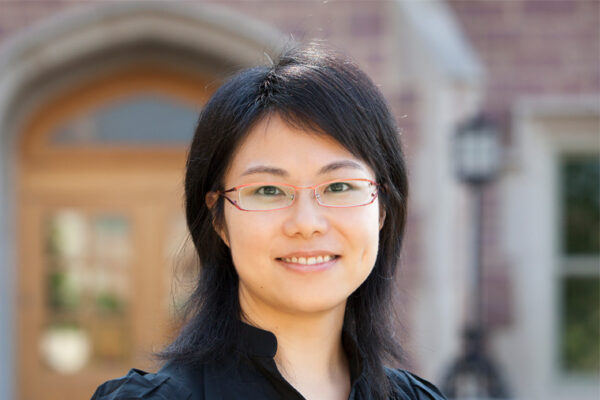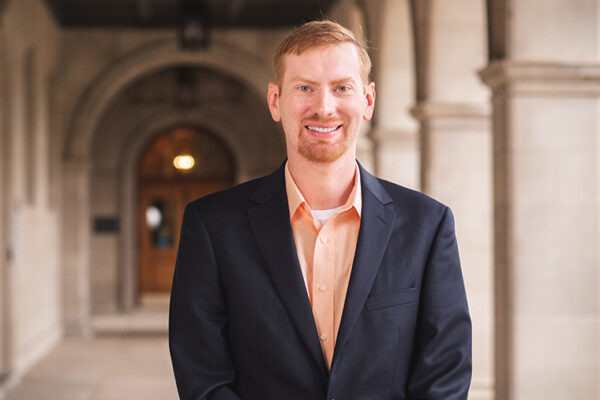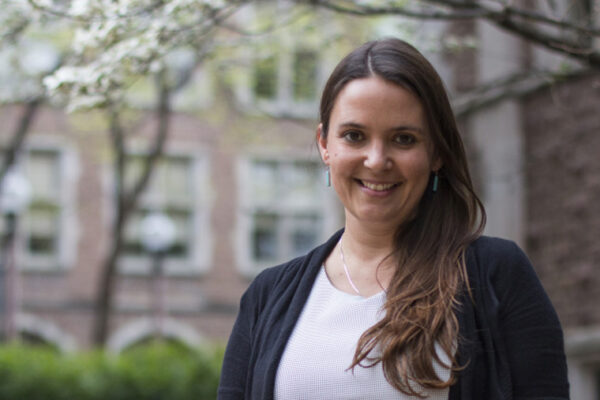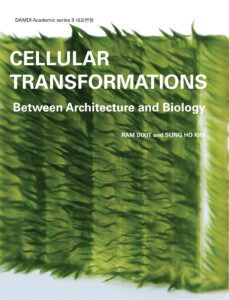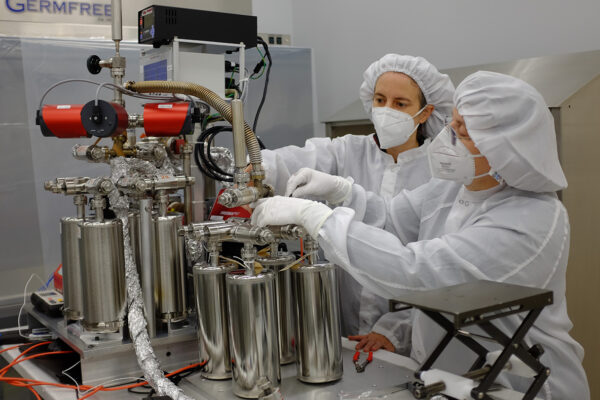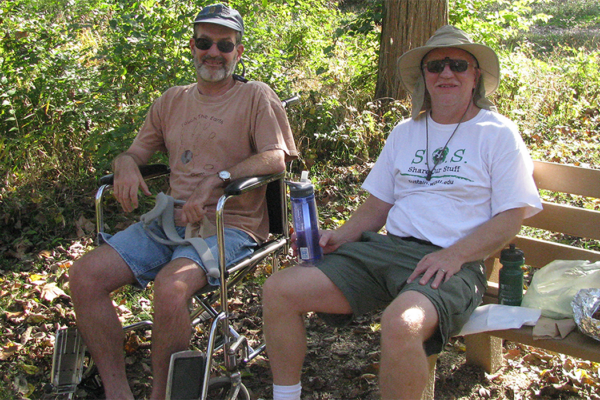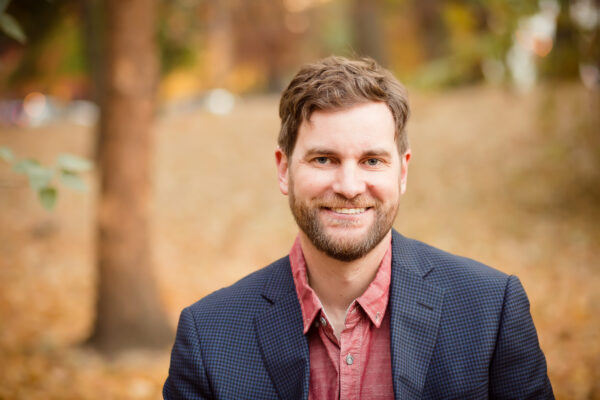IEEE names Zhang a distinguished lecturer
Xuan ‘Silvia’ Zhang, associate professor in the Department
Electrical & Systems Engineering, will present her research to her peers.
Fournier wins molecular spectroscopy award
Joseph A. Fournier, assistant professor of chemistry in Arts & Sciences, is the winner of the 2022 Flygare Award, given biannually by the International Symposium on Molecular Spectroscopy.
Juvenile justice: ‘We are coming up short’
Analyzing data from thousands of young people, Joshua Jackson in Arts & Sciences finds the juvenile justice system is not rehabilitating kids.
APS selects English as fellow
Tammy English, associate professor of psychological and brain sciences in Arts & Sciences, has been named a fellow of the Association for Psychological Science.
Cellular Transformations
Between Architecture And Biology
“Cellular Transformations” presents a course developed for students who are interested in emerging technologies and cross-disciplinary approaches in design strategies. Relying on how advances in engineering and biology are influencing design production and implementation, professors Ram Dixit and Sung Ho Kim at Washington University in St. Louis explore the premise that structure (or form) and […]
Recovering gases from Moon rocks
Led by physicist Alex Meshik in Arts & Sciences, Washington University scientists designed and built the device that NASA is using to extract gases from a lunar sample from the Apollo 17 mission.
Honoring a dying wish
Mike Yochim spent his final months writing a book about the effects of climate change on national parks. Bill Lowry, professor emeritus of political science in Arts & Sciences, ensured his friend’s final words would be heard.
Engineering a better way
Quing Zhu, the Edwin H. Murty Professor of Engineering at the McKelvey School of Engineering, has devoted her career to perfecting technologies that find — and treat — cancer.
Big data arrives on the farm
Precision agriculture is beginning to shape the strategies and choices of farmers around the world, according to a new analysis by Glenn Stone, professor of anthropology and of environmental studies in Arts & Sciences.
APS selects Bogdan as fellow
Ryan Bogdan, associate professor of psychological and brain sciences in Arts & Sciences, has been named a fellow of the Association for Psychological Science.
Older Stories
